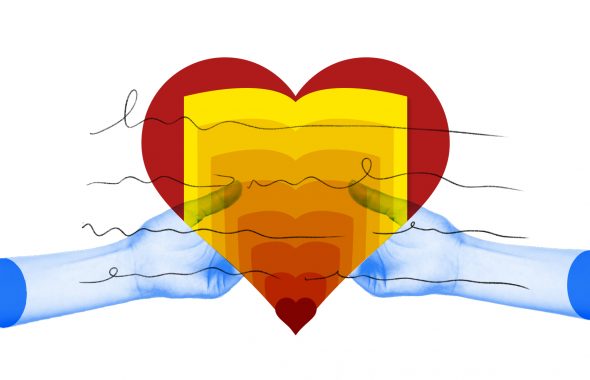Toska
Russian (тоска)
Rough Translation: “Yearning; Emotional pain”
This term is almost impossible to describe in English. It’s both a longing for something never lost, and a pain or melancholy experienced because you have nothing to long for. We couldn’t possibly capture all of the nuances of toska, so we won’t try, but Russian-American novelist Vladimir Nabokov probably described it best:
“At its deepest and most painful, it is a sensation of great spiritual anguish, often without any specific cause. At less morbid levels it is a dull ache of the soul, a longing with nothing to long for, a sick pining, a vague restlessness, mental throes, yearning. In particular cases it may be the desire for somebody or something specific, nostalgia, love-sickness. At the lowest level it grades into ennui, boredom.”

























